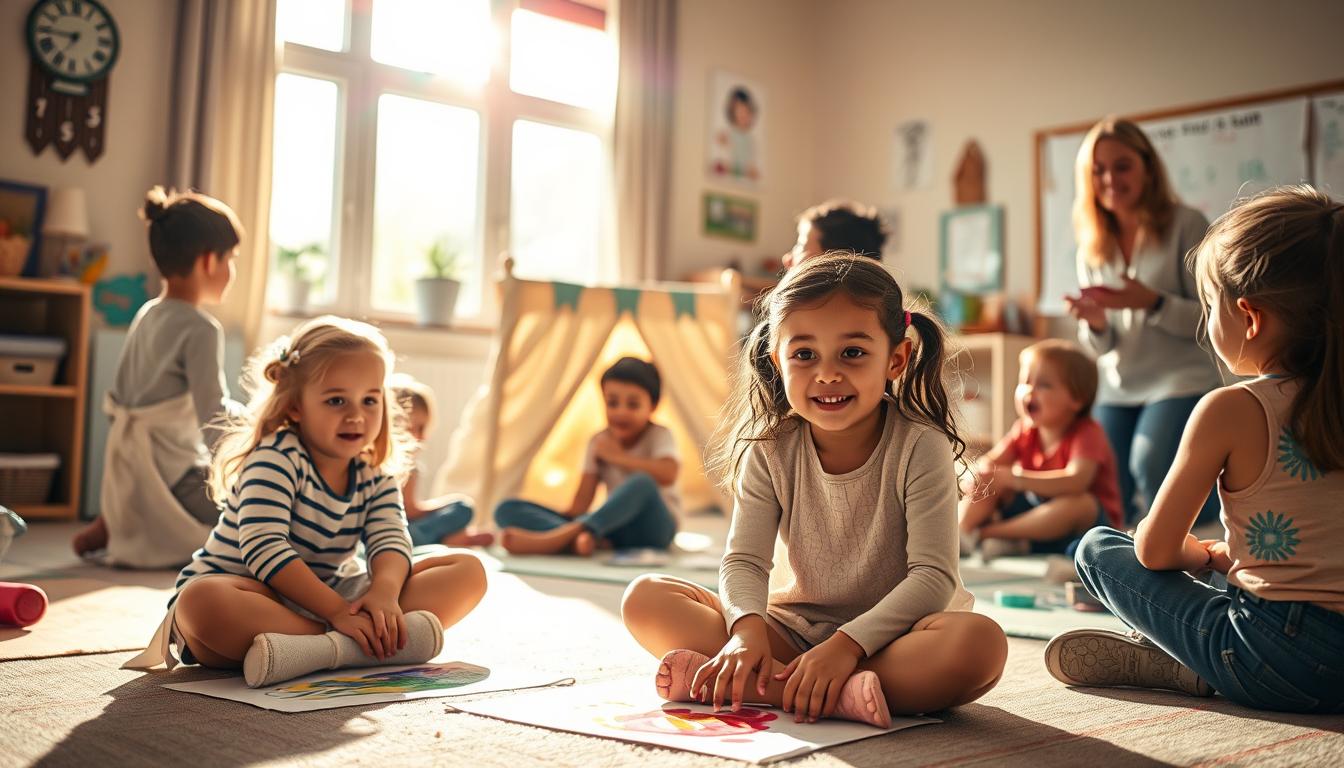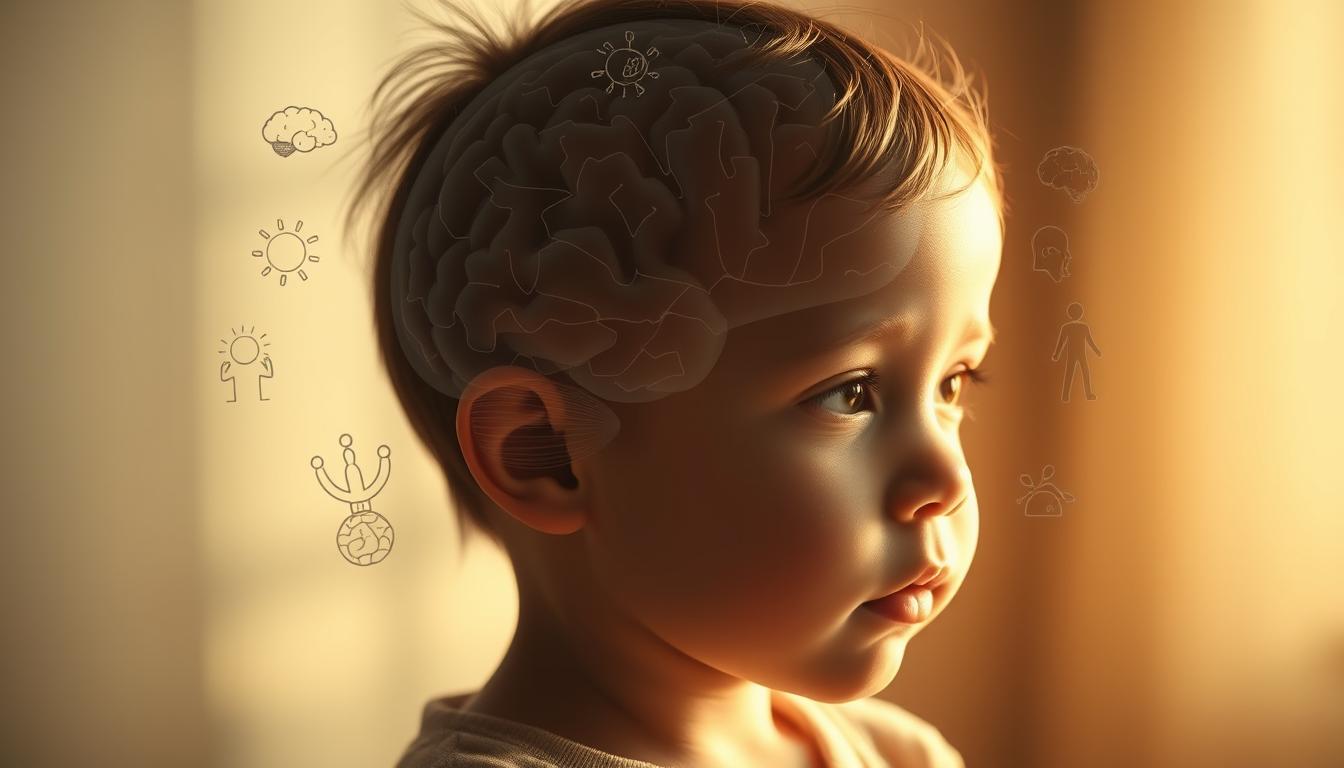Category
Recent Comments
Shop Categories
-
 Baby & Maternity22 products
Baby & Maternity22 products -
 Beauty & Health22 products
Beauty & Health22 products -
 Books & Media22 products
Books & Media22 products -
 Cell Phones & Accessories11 product
Cell Phones & Accessories11 product -
 Colors11 product
Colors11 product -
 Digital Products22 products
Digital Products22 products -
 Featured44 products
Featured44 products -
 Fun11 product
Fun11 product -
 Health & Household33 products
Health & Household33 products -
 Jewelry & Accessories22 products
Jewelry & Accessories22 products -
 Kids' Fashion11 product
Kids' Fashion11 product -
 Preschool Learning11 product
Preschool Learning11 product -
 Sports & Outdoors33 products
Sports & Outdoors33 products -
 Toys & Games22 products
Toys & Games22 products -
 Most Popular66 products
Most Popular66 products -
 New Arrival55 products
New Arrival55 products -
 On Sale77 products
On Sale77 products
Popular
-
 Free Parenting Journey Planner: Doctor Visits & Baby Prep
Free Parenting Journey Planner: Doctor Visits & Baby Prep
5.00 $Original price was: 5.00 $.0.00 $Current price is: 0.00 $. -
 Top 10 Preschool Coloring Book Bundle
Top 10 Preschool Coloring Book Bundle
50.00 $Original price was: 50.00 $.14.99 $Current price is: 14.99 $. -
 86pcs/set Elegant Retro Earrings, Multi-layer Necklace, Earrings, Rings, Four-in-one Multi-piece Jewelry Set for Women, Ideal for Daily Outing, Commuting, Mother's Day, Valentine's Day Gifts, No Box
Rated 5.00 out of 5
86pcs/set Elegant Retro Earrings, Multi-layer Necklace, Earrings, Rings, Four-in-one Multi-piece Jewelry Set for Women, Ideal for Daily Outing, Commuting, Mother's Day, Valentine's Day Gifts, No Box
Rated 5.00 out of 514.99 $Original price was: 14.99 $.4.17 $Current price is: 4.17 $. -
 Smiling in the Sky Kite with Free Flying String - Durable Polyester, Mixed Colors, Perfect for Outdoor Fun
Rated 5.00 out of 5
Smiling in the Sky Kite with Free Flying String - Durable Polyester, Mixed Colors, Perfect for Outdoor Fun
Rated 5.00 out of 56.99 $Original price was: 6.99 $.1.35 $Current price is: 1.35 $. -
 Chic Girls' Summer Outfit Set: Strawberry Embroidered Off-Shoulder Top & Heart Belted Shorts - Breathable Polyester, Machine Washable, Perfect for Outdoor
Rated 5.00 out of 5
Chic Girls' Summer Outfit Set: Strawberry Embroidered Off-Shoulder Top & Heart Belted Shorts - Breathable Polyester, Machine Washable, Perfect for Outdoor
Rated 5.00 out of 519.89 $Original price was: 19.89 $.6.39 $Current price is: 6.39 $. -
 1pc Frameless Oversized Gradient Fashion Glasses for Women, Polygonal Metal Hinge, PC Lens, Fashionable UV Protection Eyewear for Outdoor Activities
Rated 5.00 out of 5
1pc Frameless Oversized Gradient Fashion Glasses for Women, Polygonal Metal Hinge, PC Lens, Fashionable UV Protection Eyewear for Outdoor Activities
Rated 5.00 out of 53.47 $Original price was: 3.47 $.2.05 $Current price is: 2.05 $.
Tag Clouds

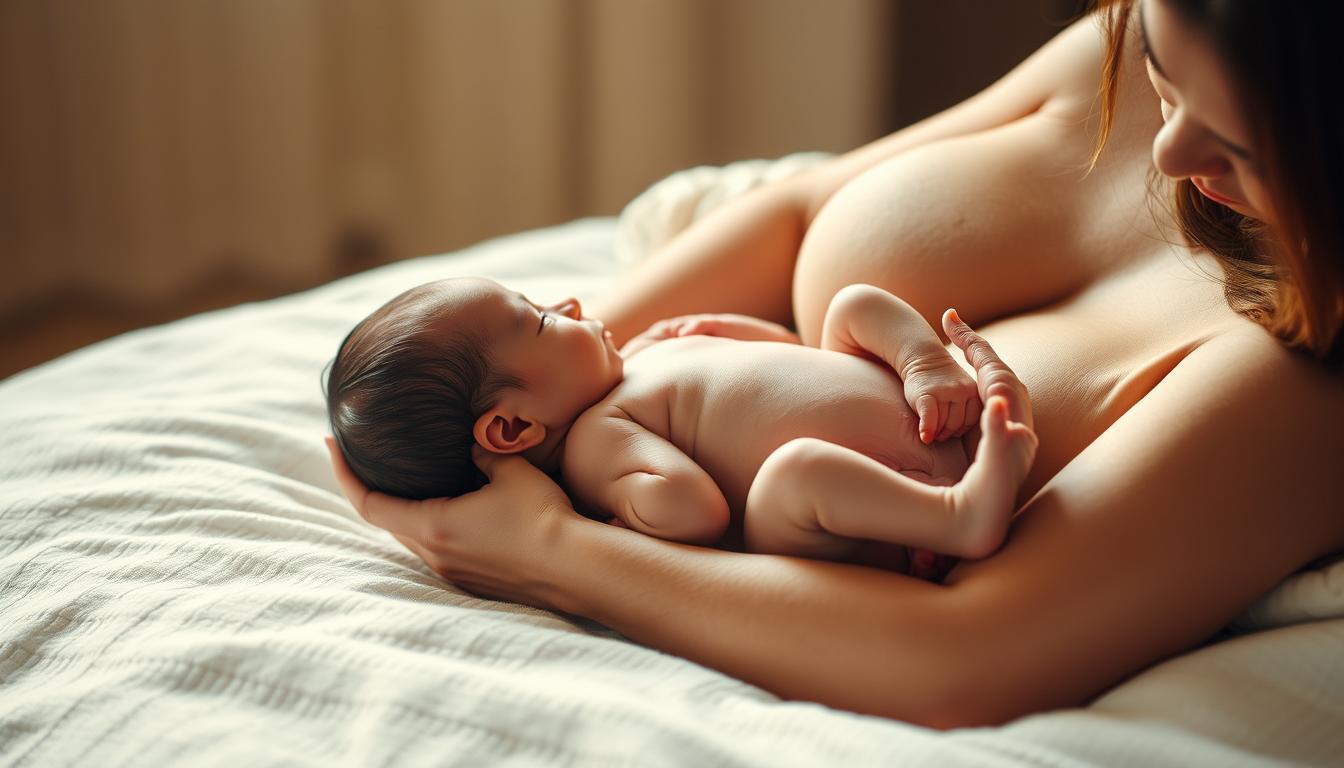
Ever thought about how the first moments with your child shape their future? Building a strong bond from the start is key. It’s all about attachment parenting and creating a nurturing space.
Studies show that a secure bond is vital for trust and emotional safety. These are key for your child’s growth and happiness.
- Secure attachment fosters emotional security in children.
- Attachment parenting strategies create stronger bonds.
- The role of parents is vital from the very beginning.
- Understanding attachment principles can enhance family dynamics.
- Empathy and responsiveness lay groundwork for future relationships.
What is Secure Attachment and Why Does It Matter?
Secure attachment is a strong emotional bond between a child and their caregiver. It grows when the caregiver is always there and responds well. This makes the child feel safe and understood.
In early childhood, this bond is key. It shapes how kids see relationships and handle problems. Caregivers help build this bond, making kids emotionally strong.
Attachment theory says kids with secure attachments do better in relationships. They learn to trust and form good connections. Dr. Tina Payne Bryson says this is vital for facing social and school challenges.
Knowing about secure attachment helps you bond better with your child. It also guides their growth and development.
The Three C’s of Building Secure Attachment

Building secure attachment means using the three C’s: Closeness, Consistency, and Care. These are key for a nurturing space for your child. They help with their emotional and psychological growth.
Closeness is about being there for your child. Hugs, holding, or cuddling meet their need for connection. These actions make them feel loved and create a strong bond.
Consistency is important for a stable home. Having set routines and responding to your child’s needs makes them feel safe. This helps them know what to expect, which is good for their well-being.
Care is about meeting both emotional and physical needs. Showing you value your child’s feelings and needs boosts their self-worth. This caring approach makes them feel important, strengthening their attachment to you.
Secure Attachment from Day One: Harness Parenting Power

Starting your parenting journey with the right mindset is key. It greatly affects your child’s emotional health. To harness parenting power well, connect with your newborn from the start.
Responding quickly to your baby’s cries makes them feel safe. Eye contact and soothing voices help create a calm space. This builds trust.
Being there for your child from the beginning is vital. It shows them they can count on you. Holding them close when they’re upset strengthens your bond.
Using attachment parenting strategies helps meet your child’s needs. This supports their emotional growth.
Understanding your role in secure attachment empowers you. Every small interaction helps your child manage emotions and build strong relationships.
Simple, Everyday Strategies to Build a Strong Bond

Building a strong bond with your baby is easy. Just use simple, everyday ways to connect. These tips will help you bond with your baby and support their feelings.
- Skin-to-skin contact: This makes your baby feel warm and safe.
- Reading together: Reading stories together helps your baby learn and bond with you.
- Consistent bedtime rituals: Bedtime stories make your baby feel loved and secure.
Make eye contact when feeding or playing. This makes your baby feel close and loved. Being consistent with these actions helps your baby feel secure. Doing these things every day will make your bond strong and lasting.
A Note on Imperfection

Parenting is a journey with ups and downs. It’s important to know that every family has its own set of parenting imperfections. No one is perfect all the time, and that’s okay.
When things get tough, it’s easy to feel like you’ve failed. But, you can always try to fix things. A simple apology or a calm talk can help a lot. Kids are very strong and learn from seeing their parents make mistakes.
The main thing is to be there for your child over time. Being consistent helps build strong relationships. By accepting your mistakes, you make a place where love and support grow. This leads to a deeper connection with your child.
Nurturing Positive Parenting Techniques

Nurturing parenting tips help you and your child grow closer. Using positive parenting strategies makes your home a safe and loving place. Start by really listening to your child’s feelings. This helps them feel safe and understood.
Give your child lots of praise for trying their best. This boosts their self-confidence and shows them they can do things. Showing respect in how you talk and solve problems is also key. It teaches your child important life lessons.
Stay calm when things get tough. Your calmness helps your child learn to handle their feelings. Showing patience helps your child feel safe and understood.
These tips make your relationship with your child stronger. They help your child grow up happy and well-adjusted. A strong bond between you and your child makes your family happier.
Bonding Activities for Early Parent-Child Connection

Doing bonding activities helps grow a strong bond between you and your child. It makes them feel safe and trusted. Playing together or doing simple things can make your bond stronger.
Here are some great emotional connection activities to strengthen your bond:
- Singing lullabies or fun songs brings joy and closeness.
- Tummy time lets your baby see the world while feeling your closeness.
- Interactive play with toys makes them explore and laugh.
Doing these bonding activities often makes special memories. It makes your child feel loved and part of the family. Every moment together helps their emotional health and sense of belonging.
Understanding Infant Attachment Development

Infant attachment is very important in the early years. Knowing how it grows in the first year helps your child’s feelings. Your constant talks and actions shape your bond with your baby from the start.
When you comfort and meet your baby’s needs, a strong bond grows. This trust lets your child feel safe and explore the world. In the first few months, your baby starts to form their attachment system. This is shaped by how you respond and care for them.
Knowing the stages of infant attachment helps you respond better. Each stage needs special ways to meet your child’s changing needs. By listening to your baby, you help them feel secure and grow.
A strong emotional base in these early months helps with future relationships. By understanding and caring for this bond, you help your child grow and develop.
Parenting Guide: Building Secure Relationships

Building strong bonds with your kids is key for their happiness. This guide offers steps to make connections work. Talking openly helps kids share their feelings and thoughts easily.
Quality time together makes your bond stronger. Doing things your child likes brings you closer and builds trust. Letting your child be themselves helps create a strong bond. Thinking about how you were raised helps you be a better parent.
Mindfulness and knowing yourself are important for a caring home. These help parents react well to their child’s needs. Remember, building strong relationships takes time and effort, but every step is important.
Child Development Techniques to Foster Attachment

Using good child development techniques helps a lot. It makes your home a safe place for your child. When you answer your child’s needs well, you help them feel safe and loved.
Responsive parenting is key. It lets kids share their feelings. This makes them feel important and builds trust.
Emotional coaching is also great. It helps kids understand their feelings. This helps them grow up to be good friends and family members.
Letting kids be independent is important too. Giving them space to explore and make choices helps them grow strong. It shows them they can count on you, even when they try new things.
These methods help your child grow strong and brave. Using them every day makes a big difference for both of you.
Secure attachment is very important for your child’s early life. It’s not just about food and clothes. It’s also about feeling safe and loved.
Being an attachment parent helps your child grow emotionally and mentally. It makes them strong and ready for life’s ups and downs.
When you show love and care, your child feels safe and valued. This builds trust and makes them strong. These moments are key to a happy and secure future.
FAQ
What is secure attachment?
Why is secure attachment important in early childhood?
How can I create a secure attachment with my newborn?
What are some practical strategies to promote attachment?
How do I deal with imperfections in parenting?
What positive parenting techniques can nurture attachment?
What bonding activities can strengthen my relationship with my infant?
How does infant attachment develop over time?
What steps can I take to build secure relationships with my child?
What child development techniques help foster attachment?
Written by lana saleh
Best offers
Join Risk Free
Subscribe Now
100% Safe
Secure Shopping
24x7 Support
Online 24 hours
Best Offers
Grab Now
Free Shiping
On all order over
Know Us

Your go-to online destination for inspiration, guidance, and resources across various aspects of daily living, covering topics like wellness, style, home, relationships, personal development, and more, all aimed at helping you cultivate a fulfilling and intentional life
Read MoreRecent Posts








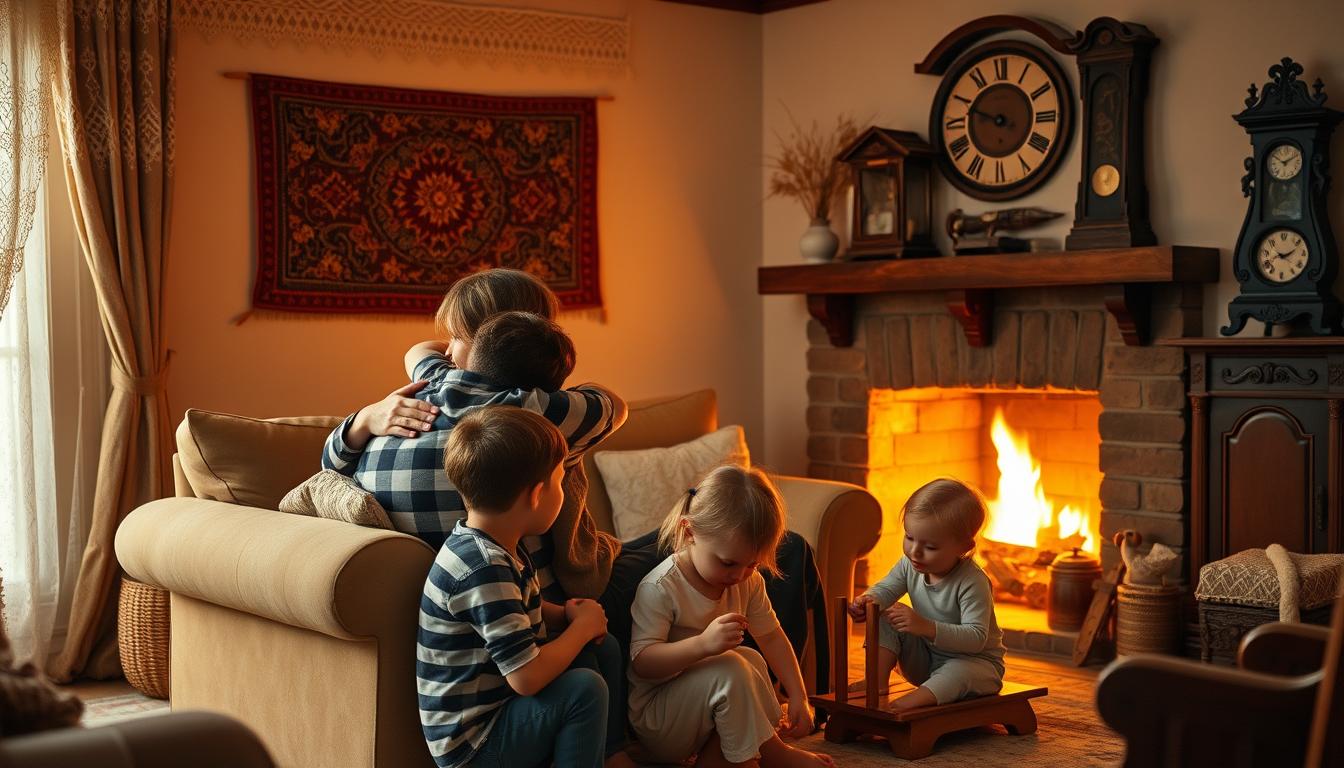

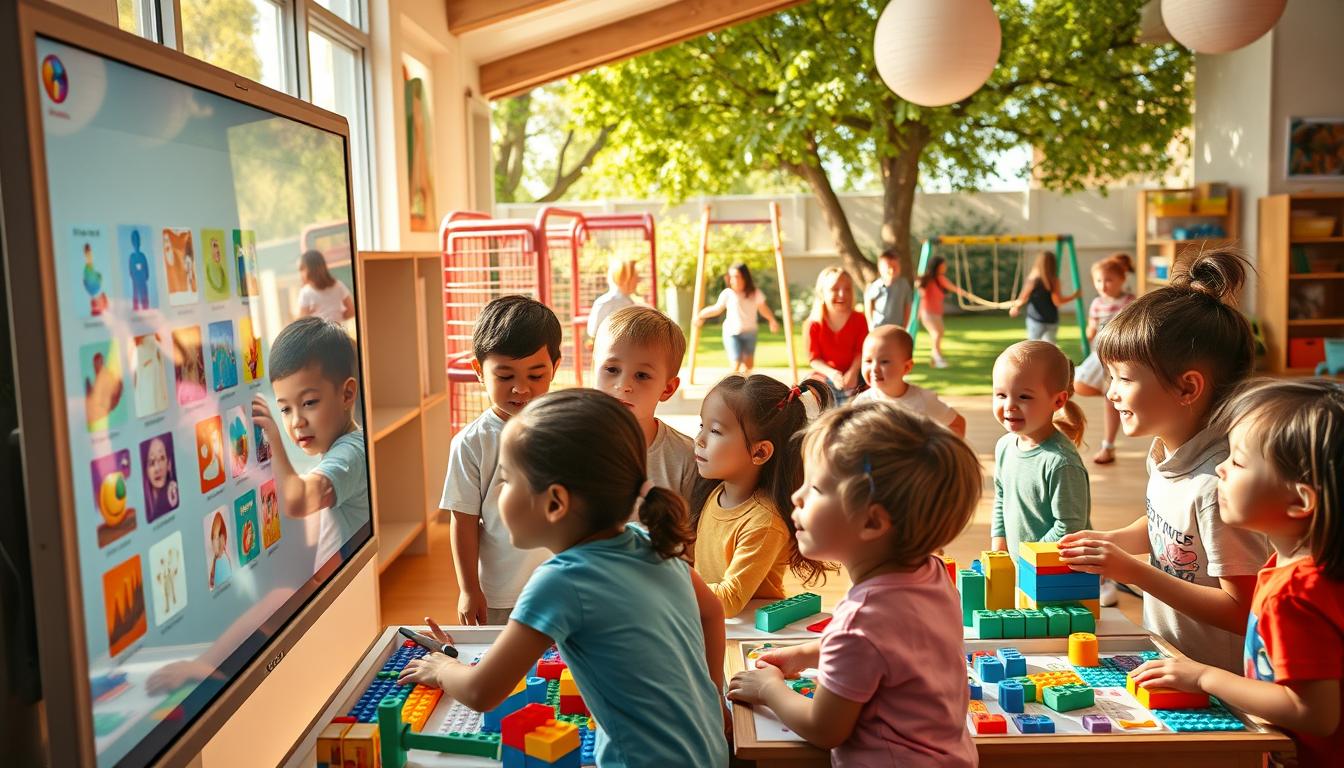
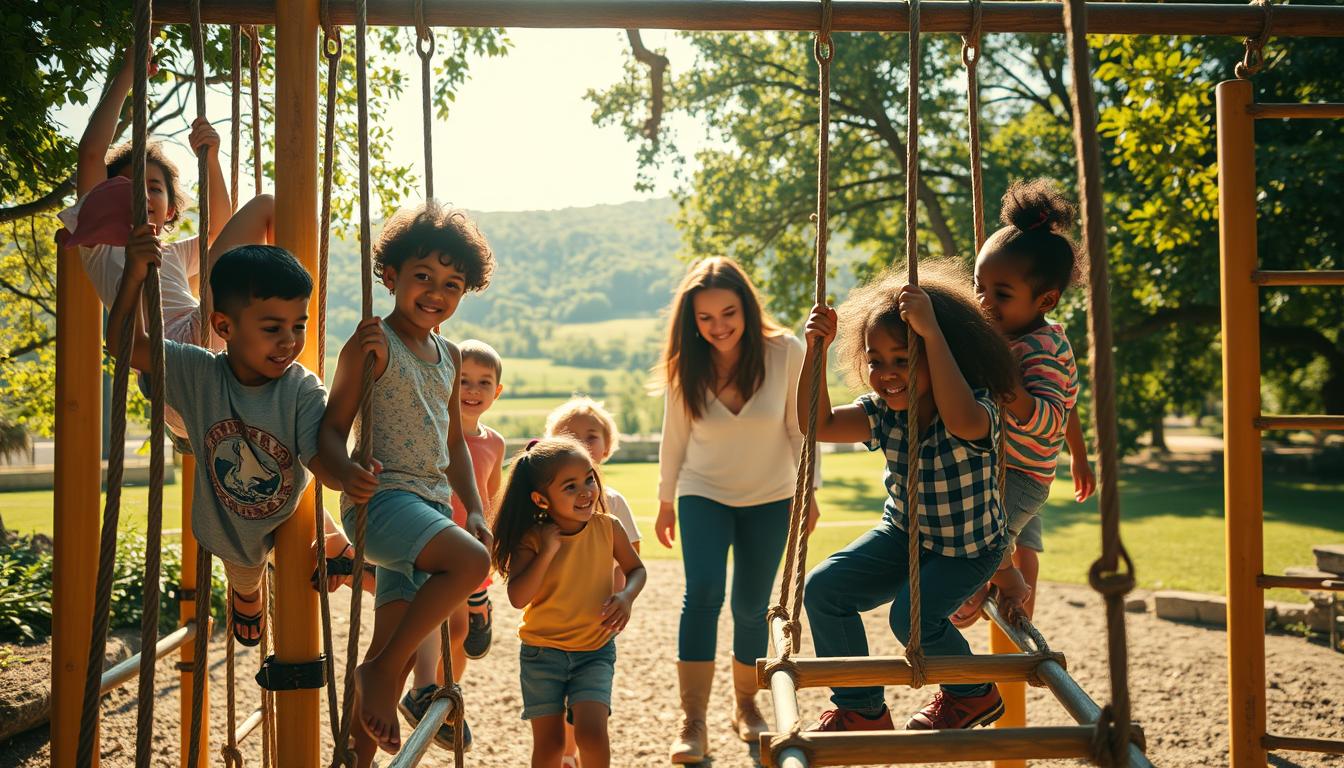










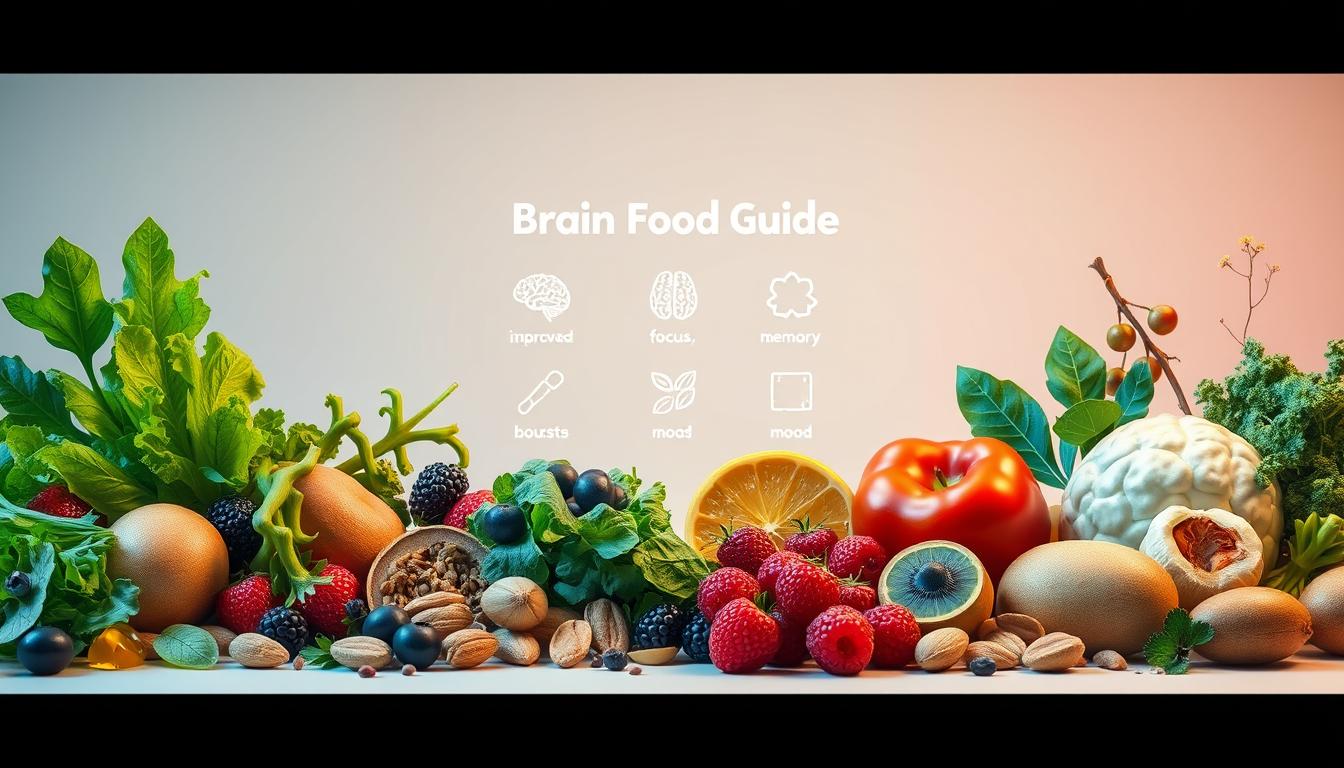














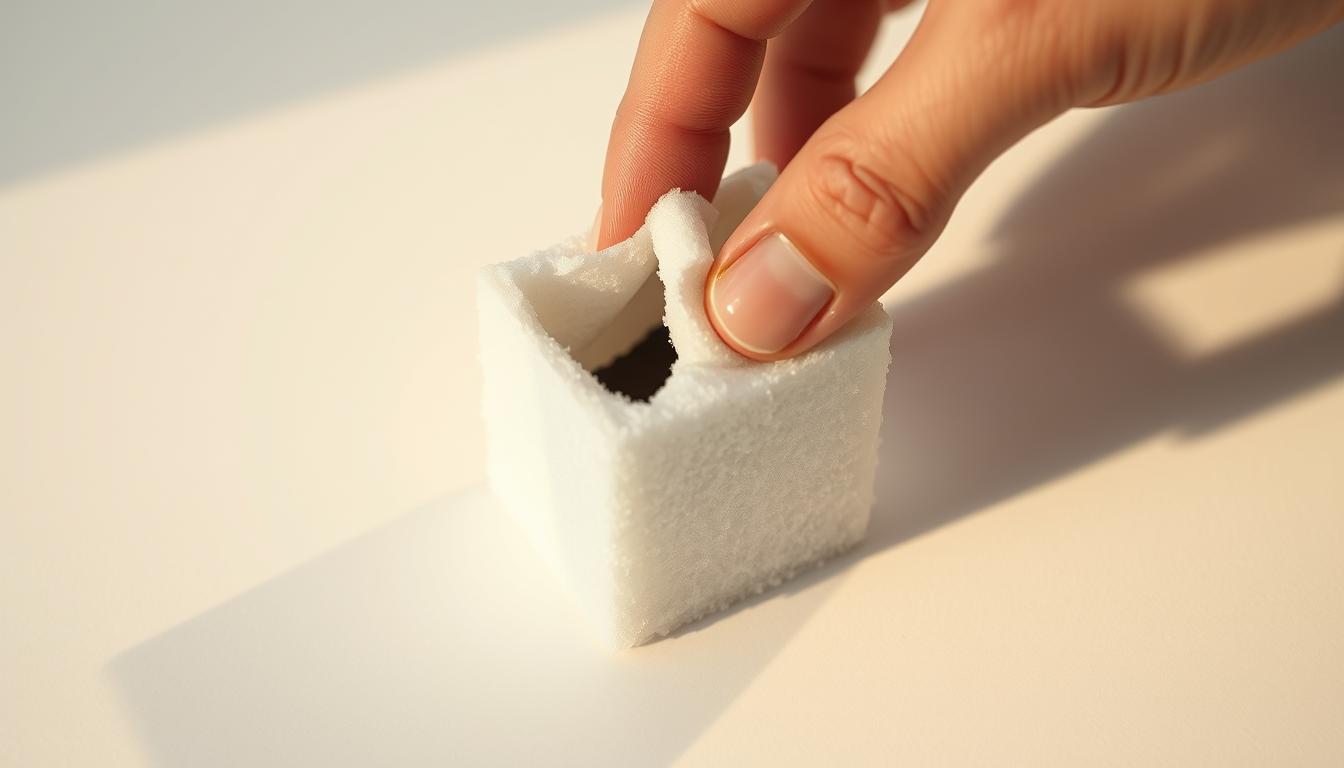



Product Showcase







